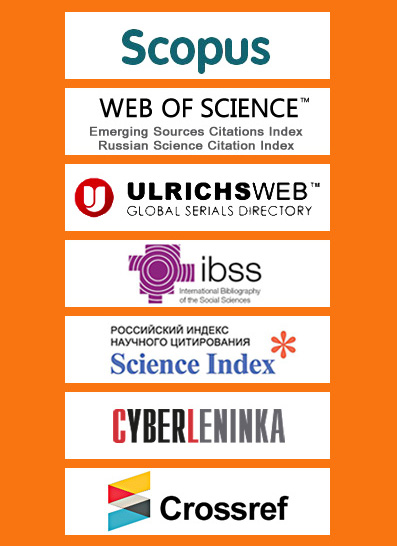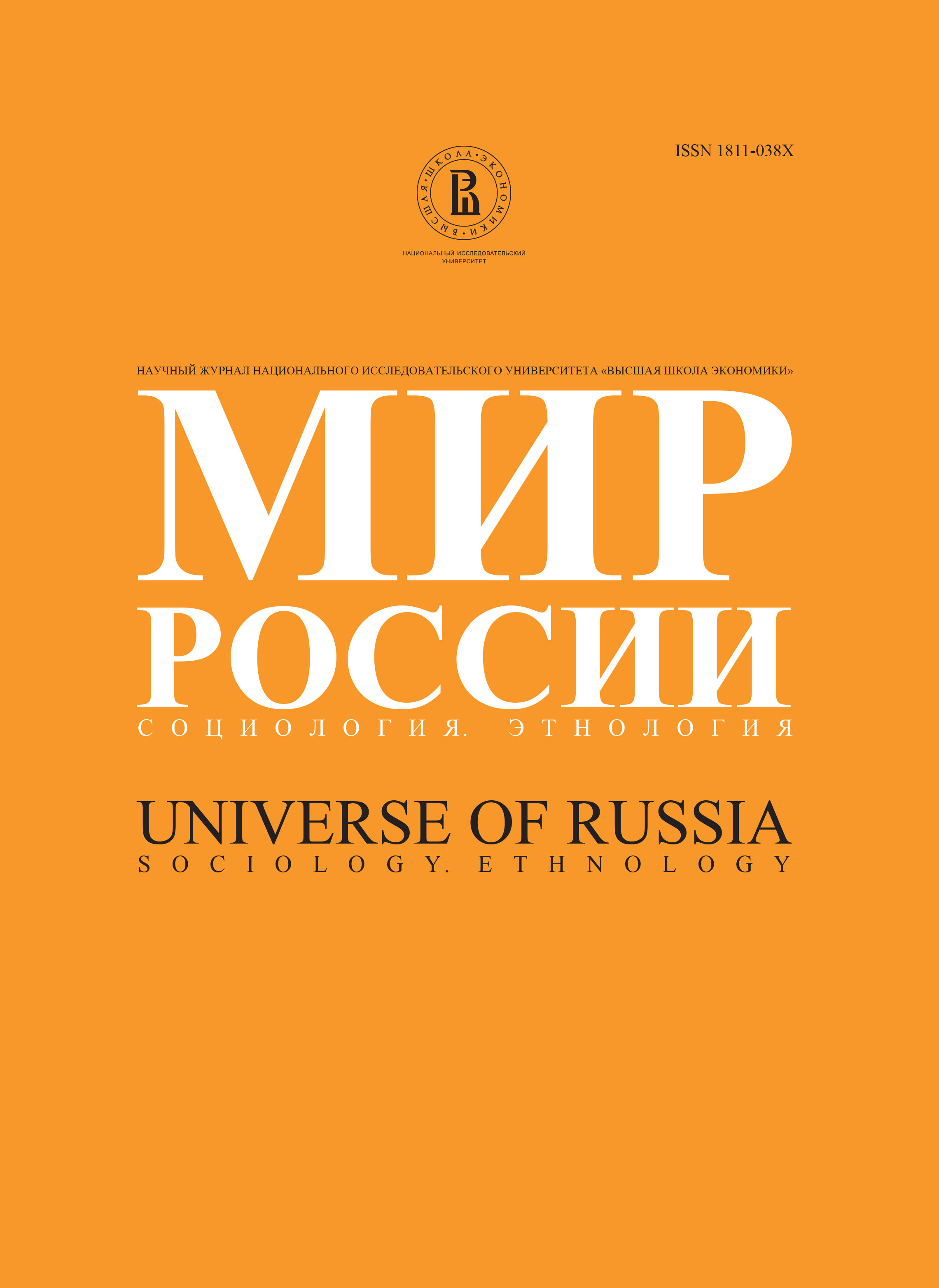
ИЗДАТЕЛЬ
Национальный исследовательский университет «Высшая школа экономики» (НИУ ВШЭ)
Главный редактор
доктор социологических наук, профессор НИУ ВШЭ
Светлана Юрьевна Барсукова
Заместители главного редактора
– доктор социологических наук, член-корреспондент РАН, директор ФНИСЦ РАН
Михаил Федорович Черныш
– кандидат социологических наук, научный сотрудник, Институт социологии и социальной психологии, Кёльнский университет (Германия)
Гордей Александрович Ястребов
ISSN 1811-038X (Print)
ISSN 1811-0398 (Online)
Журнал «Мир России» выпускается ежеквартально.
Объем номера составляет 15 авт.л.
Тираж выпуска — 500 экземпляров
КОНТАКТЫ:
Адрес:
101000, Москва, ул. Мясницкая, д. 13, стр. 4, каб. 218, 220
Тел.:
(495) 772-95-90 доб. 118-82, 118-83
E-mail:
mirros.info@gmail.com
© НИУ ВШЭ, 1992–2025





